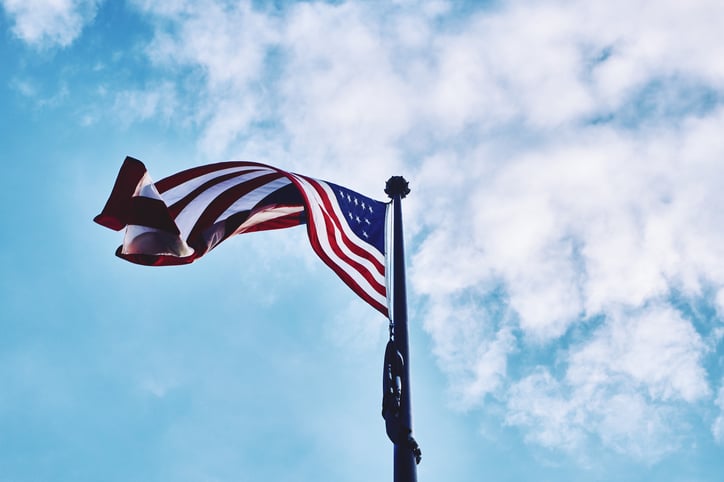
An old adage says that nothing in life is certain except death and taxes. Taxes are especially unavoidable when you consider the many ways that people are coaxed into paying them. These seven wacky tax laws demonstrate how taxes abound in everyday life and on what common items people willingly pay them.
The Jock Tax
Born out of an NBA rivalry between the L.A. Lakers and the Chicago Bulls, the Jock Tax allows states to tax professional athletes who are paid to compete within state boundaries. First utilized in 1991, the tax applies to all professional athletes who come to a state to play games or take part in paid activities. The money that is raised from the tax is then typically used to pay for highway improvements, public parks, and other state projects.
Cow Flatulence Tax
The cow flatulence tax came into existence after a scientific study in Europe revealed that bovine methane gas accounted for 18 percent of the damage to the earth's atmosphere. The tax is levied against dairy farmers and ranchers as well as stockyard and feedlot owners.It varies in price, however, which is why it can be cheaper to raise cattle in one part of Europe than another. For example, Ireland only imposes an $18 per cow flatulence tax while Denmark imposes a tax of $110 on each cow.
Wild Blueberry Tax
Maine boasts of its plentiful wild blueberries, which is why it seeks to protect its supply by taxing it at a rate of one and a half pennies per pound. People who pick wild blueberries must pay the tax on top of regular state taxes.The tax helps pay for state projects like road improvements and public parks. It also discourages the over-picking of blueberries during harvest season.
Playing Card Tax
Located in the heart of the Bible Belt, Alabama continues to frown upon casinos, gambling, and other kinds of gaming. In an attempt to keep these activities to a minimum, the state now adds a ten cent tax to every deck of playing cards sold in the state.The tax is intended to discourage casino companies from coming to the state to start gaming operations. It also is meant to keep illegal gambling and gaming in check.
Hot Air Balloon Tax
The state of Kansas' tax woes are well advertised in the mainstream media. Not to miss out on an opportunity to raise much-needed revenue, Kansas has taken to taxing hot air balloons.The balloons eligible for this tax, however, must be tethered to the ground. As long as they are tethered, they are subject to this state tax. Those that are untethered and used for recreational rides are not taxed because the state considers them to be a legitimate form of transportation.
Sliced Bread Tax
Sliced bread is apparently not such a great thing to New York deli and restaurant owners since the state taxes many forms of sliced bread. Everything from sandwich bread to bagels and tortillas is subject to this tax.Deli and restaurant owners who offer fare like:
- BLTs
- Club sandwiches
- Cold cut sandwiches
- Burritos
New Mexico Elderly Tax Exemption
New Mexico does not impose a wacky tax law as much as it exempts a small but notable segment of the population from paying it. People who 100 years of age and older in this state do not have to pay state income tax. They do, however, still have to pay federal income tax if applicable.
State governments can be creative in the way they tax their populations. These seven laws stand out as among the wackiest found in the U.S. today.




